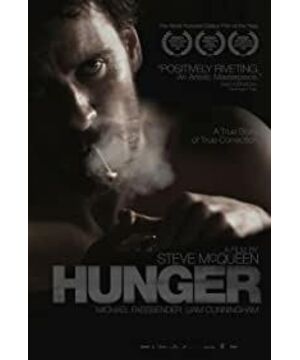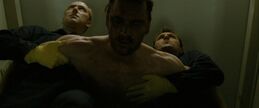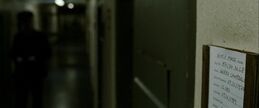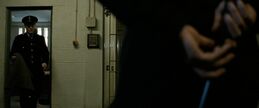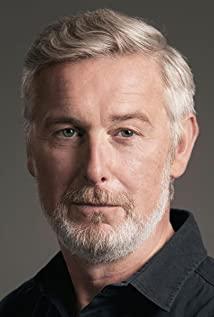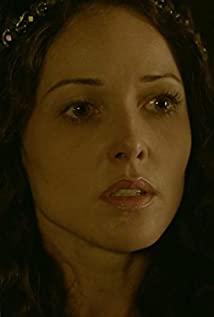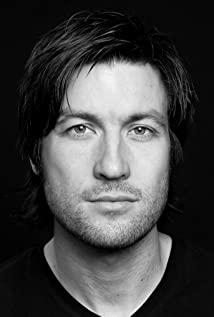The film "Jiabiangou" (2010), which shows the great famine, is not as shocking as Yang Xianhui's original work because of its dullness and monotony. There is no doubt about director Wang Bing's feelings, but the experience he has accumulated in filming documentaries is obviously not enough to complete a good composition in a realistic style. The British film "Hunger" (2008), based on the "Metz Prison Hunger Strike", won the Caméra d'Or at the 61st Cannes Film Festival, making it the top star in the "Hunger" category. The stench of the prison, the disgust, hatred and fear of the guards and IRA prisoners for each other, as well as the horrific sight of starvation and the hands of gods, make the movie-watching experience a nightmare.
Prison guard Raymond went out to work and developed a habit of first determining whether the street was safe, and then lying on the ground to check whether there were bombs under the car. To cut the long hair of I.R. prisoner leader Bobby Sands, Raymond and his comrades must go through a brutal fight in which both sides have every reason to believe the other is unreasonable. The "blanket protests" against wearing prison uniforms and the "filth protests" that used feces were partially successful after four years. Prison officials cleaned the cells and allowed prisoners to wear their own clothes.
The prisoners were furious because their political status was not recognized, and the authorities felt that this group of scumbags was completely unreasonable. The confrontation escalated again. Director Steve McQueen hides behind the camera, carefully keeping his sympathy for the weak within the bounds of what is necessary. In contrast, the theme of the Irish Republican Army, which won the 59th Cannes Palme d'Or, "The Wind Blows the Rice Waves" (2006) is too sensational. The film opens with the British army killing a 17-year-old Irish boy. Simply because the latter is reluctant to announce names in English. The British must have committed more heinous crimes in order to maintain their rule in Ireland. But the whole film lacks sufficient foreshadowing of why the British army is so brutal, like a model play of the European left.
On March 1, 1981, Bobby Sands launched a hunger strike for the treatment of political prisoners. Pastor admonishes Bobby: "You have no appreciation for life, you have blinded yourself, you are afraid to stop, you are afraid to live, you are afraid to sit down and talk in peace, isn't that self-destructing?" January 19, 1976 Margaret Thatcher, the 41-year-old leader of the British opposition party, slammed the Soviet Union on Sunday, and was called the "Iron Lady" by the Red Star, the Soviet military organ. Will such a hawkish character who doesn't even care about the Soviet Union surrender to his own prisoners after he takes power?
Margaret Thatcher famously said: "Concession to IRA prisoners is giving them a license to kill innocents!" On May 5, 1981, after a 66-day hunger strike, Bobby Sands died of organ failure; On the 7th, more than 100,000 people attended Sands' funeral. Northern Ireland is in turmoil, with women and children throwing stones and Molotov cocktails at the police. Churchill Street, where the British Embassy in Iran (where Churchill stayed in 1943), was renamed Bobby Sands Street by Iran, so the embassy had to close the gate and reopen it on another street.
The film not only includes the bloody scenes of the military and police beating prisoners, but also does not forget to make a note of the Republican Army who assassinated the military and police. Throughout the protest, 10 prisoners starved to death and 16 wardens were killed. Mrs Thatcher, who only heard her voice and saw no one, seemed to be too tough. When Bobby Sands, who was starved to the shape of a devil, shaped like a skeleton and had festering skin, had hallucinations, the lonely and stubborn Belfast The young man has touched the heartstrings of countless audiences.
Under the dual pressure of global public opinion and local law and order, Margaret Thatcher made a tough compromise: to meet the demands of the IRA prisoners, refusing to recognize their political status. Regardless of your treatment, you are still criminals and terrorists, not political prisoners. The moral superiority that Bobby Sands won for the IRA around the world didn't last long, and the IRA's attack on civilians was so outrageous that their superfan Gaddafi denounced: "Libya knows a legitimate revolution. The difference between action and action against civilians and innocent people, this action is not legal."
Find out how Bobby Sands was able to bring starvation to the end, and why Margaret Thatcher was so inhumane to let her A contemptible prisoner becomes a moral hero, which can be helped by Festinger's theory of cognitive dissonance: people devote themselves to something, and the more they pay, the harder it is to turn back, in order to prove their original choice is correct, even if they sacrifice their lives. There is no price to spare. (Xinmin Weekly)
View more about Hunger reviews


